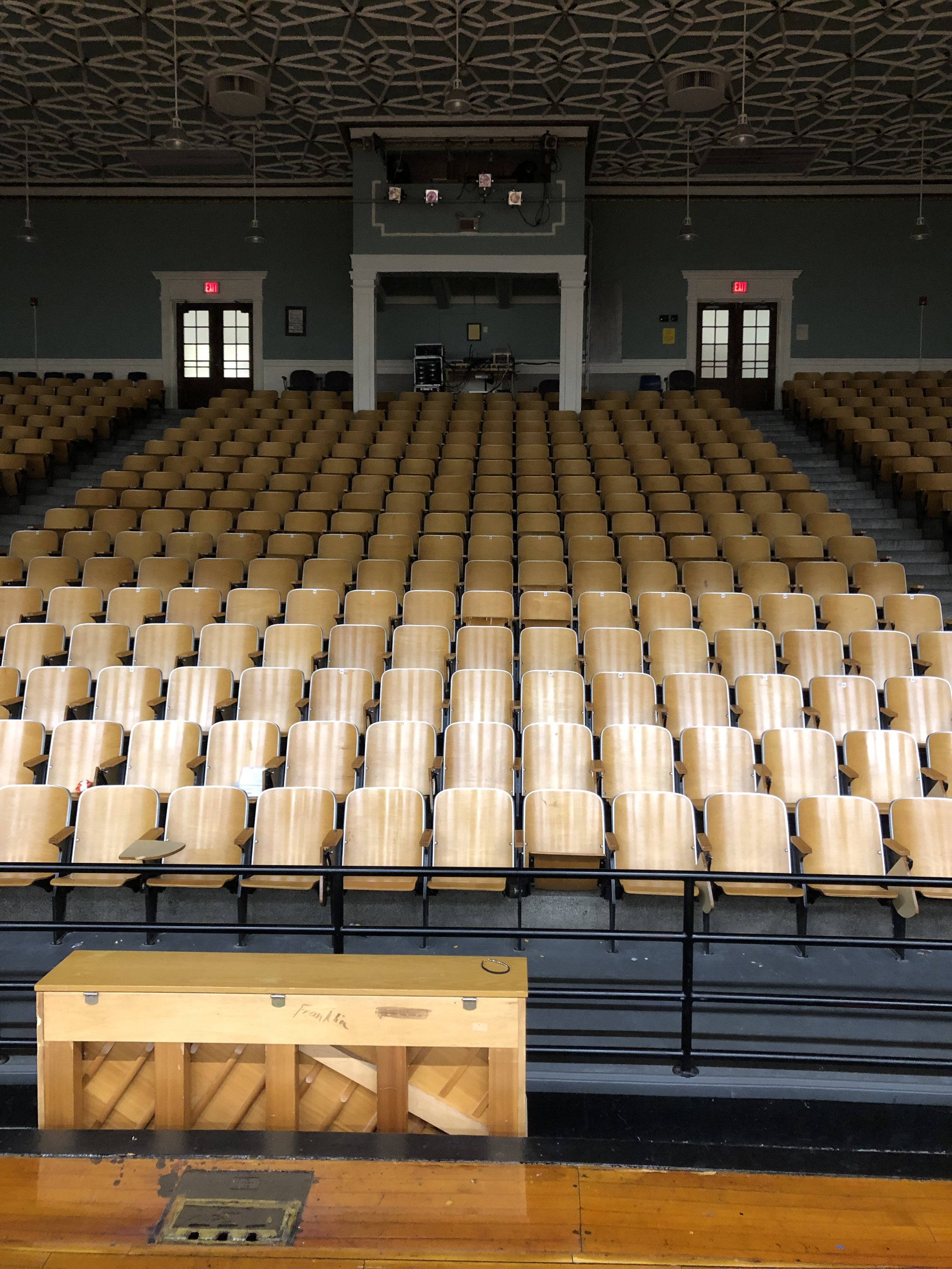The Day I Knew That I Wanted to Be an Actor
I’d always been a bit of a showoff, a clown. I would do funny voices to amuse friends or mimic the characters I watched on the cartoons I loved (I do a wicked Rocky and Bullwinkle). But it had never occurred to me that I might want to be an actor.
I’d been to see live theater. My fourth grade teacher, Mrs. Gillis, was an amateur Thespian and I have vivid memories of her playing Mae in a production of THE PAJAMA GAME at a theater-in-the-round in San Diego, California, where I was raised. That production starred John Raitt, recreating the role of Sid Sorokin which he had created on Broadway. After the performance, Mrs. Gillis had arranged for my parents and me to come backstage and meet Mr. Raitt. He was still in his costume for the finale, a pair of pajama pants with no top and he was covered in sweat (I hadn’t been aware that he had been perspiring during the show; I would soon discover that an audience rarely sees the effort of a good actor’s performance). Mr. Raitt could not have been nicer. He asked me questions about school and whether I had seen other plays (I had), and at one point he mentioned that he had a little girl about my age. Years later, I realized he had been referring to Bonnie Raitt!
Soon after, my family moved to Cedar Rapids, Iowa and I made new friends. When we all reached junior high we would get together after school and hang out. But one day, my friends were nowhere to be seen. The next day I asked what had happened to them and was told that they had had play practice, as rehearsal was called. They suggested I come hang out with them there, when they weren’t on stage rehearsing and I did. I remember thinking, “This looks like it might be fun to do.”
Eventually, the drama teacher, Mrs. Fawley, who had noticed the extra teenager sitting with her actors approached me and asked if I might want to audition for a one act play that she was casting. Why not? I thought, and signed up. The play was about teenagers in high school who were trying to figure out who they were going to go with to the school dance. It was called NO TIME FOR SKIRTS. What can I say? It wasn’t Ibsen.
I got cast as one of two repairmen—the dumber one—who show up for some forgotten reason and were essentially comic relief. In the course of the story, I got knocked out accidentally and spent a good bit of the play “unconscious.” At the end of the play, I come to, look stupidly at the audience aaaand CURTAIN!
The afternoon of the performance, which was presented at a school assembly, was both unbelievably exciting and extremely nerve-wracking. I put on my costume—overalls, boots and a cap—and tried out my goofy character face. I looked like I’d imagined I would. Next, I did my makeup, squeezing greasepaint from the old makeup tubes that were still being used in the mid-1960s. Finally—the moment of the truth. The actors took their places, on or offstage, the curtain rose and we were off!
The half hour comedy raced along. The repairmen appeared and were greeted with raucous laughter. I got knocked out and did a deadfall backwards to more laughter. But the best was yet to come. The moment came for the other repairman to shake me awake. I sat up, blearily, looked out at the audience (the picture accompanying this article was my vantage point, except every seat was filled) and grinned the goofiest grin I had.
And the auditorium ERUPTED with laughter. The audience wouldn’t stop. It seemed to go on for several minutes.
I was stunned. And I was hooked.
Afterwards, I was a star for several days. Students and teachers came up to me to tell me how funny I had been. For a brief moment, I was popular.
After that, I took whatever opportunity to audition came along and was soon living for the chance to perform. I read every play I could get my hands on and scoured the magazines, like Theatre Arts, devoted to the stage. By the time I got to college it seemed (to me, at least, if not my parents) a foregone conclusion that I would pursue a career as an actor.
Which is exactly what I did. How I went about it…well, that’s a story for another time.

